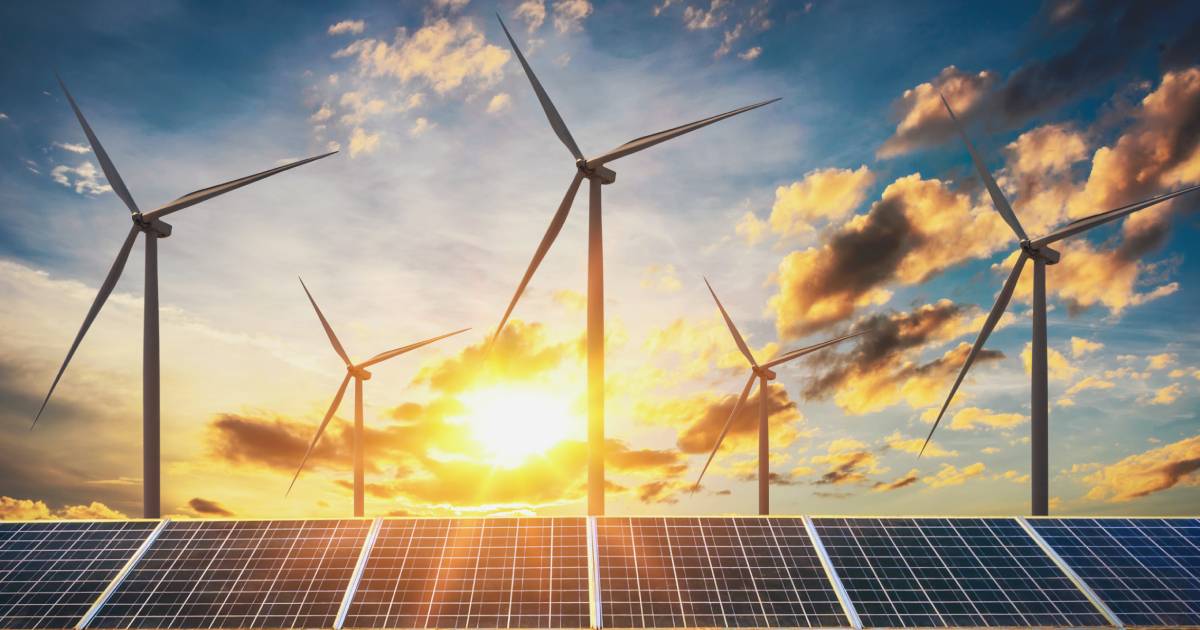What is the role of the energy sector in the move to net zero?
9 November 2021 | By: Sara Walker | 3 min read
Professor Sara Walker, Director of the National Centre for Energy Systems Integration, discusses the role of the energy sector in the transition to net zero.
The energy sector and the global path to net zero
-
Extensive energy efficiency measures at three times current rates of installation;
-
Annual deployment of wind and photovoltaics at four times the current installation rates;
-
The immediate halting of investment in fossil fuel extraction
-
A move away from the internal combustion engine
-
A significant effort in innovation for technologies not yet fully commercialized.
We can't escape the fact that the energy sector has a crucial role to play in the transition to net zero in the short, medium and long term. The COP26 announcement that 40 countries commit to shift away from coal is a tiny step in what should be an urgent sprint.
Multiple solutions required to transition to cleaner energy
Researchers in this space might delve into single technologies or approaches. However, there is a growing recognition that we need a multitude of solutions to transition to clean forms of energy. There is no silver bullet, no single technology fix. We need to tailor solutions to the local context.
The 4th of November was Energy Day at COP26. I attended the Blue Zone and a side event organized by the Supergen consortia in Central Glasgow.
I presented some key messages from our work in the Supergen Energy Networks Hub:
- Technical challenges for energy networks are around increased demand for electricity which we expect because of the electrification of heat and transport use. We expect to see more complex energy network structure with greater linkage across different energy types (gas, electricity, heat for example).
- Market challenges for energy networks relate to the number of players in the market. The energy market structure isn’t designed for millions of participants. Yet, this might be a possible future if energy consumers own assets such as heat pumps, generation, storage and electric vehicles, and want to participate actively in markets.
- Social challenges for energy networks revolve around a just, or fair, transition. We are aware of the need to enable the disadvantaged to be part of the decision space. We need to address the risk that a disproportionate burden of the cost of policy might fall on the least able to pay.
What does the Newcastle University's energy research cover?
As part of our research at the Centre for Energy at Newcastle University, we are developing new ways of thinking about the energy challenge.
We look at energy across scales, from molecules to global energy trading systems. We look at energy across geographies, from an individual household to continents. We look at energy across disciplines, from the science of materials, the engineering of systems, the social sciences of energy-related behaviours, the law of energy policy and regulation, the public health impact of energy-related pollution, the artificial intelligence of smart controls.
A multitude of disciplines are needed to address this complex problem. And we look across applications, from industry, transport, buildings, to the service sector.
Integrating different parts of the energy system
-
We are all part of a democracy in the UK – lobby your elected representatives to introduce legislation and targets to reduce emissions from the energy sector (if you live in the city centre, then your local MP is Chi Onwurah, but lobby your local councillors as well!).
-
Many of us have a place of work or study – ask your employer what they are doing to transition to net zero. If you are a staff or student member of the Newcastle University family, then you may know that the University has declared a Climate Emergency. Working with the staff and student community, we developed a clear Action Plan to tackle the challenge by 2030.
-
We can reduce our personal emissions by choosing different transport options and insulating our homes.
The key negotiation points at COP26 at Glasgow are all around the delivery of the Paris Agreement target of limiting global temperature rise to no more than 1.5°C.
As always, the devil is in the detail. Research can shine a light on these details and support the decision making process. No matter how small my contribution to that, I will always be proud of the work my colleagues and I do in supporting the race to net zero.
About Professor Sara Walker
